Home equity loans have become an increasingly popular financial tool for homeowners in India, offering a convenient way to access funds for various needs. Whether you are planning a home renovation, debt consolidation, or simply need extra cash for emergencies, understanding the intricacies of home equity loan rates is crucial. In this comprehensive guide, we will delve into the world of home equity loans, specifically exploring the difference between fixed and variable interest rates, ensuring you make the best financial decisions for your unique circumstances.
A home equity loan is a type of loan that allows homeowners to borrow money against the equity they have built up in their homes. Equity is the portion of your home’s value that you truly own, which is the difference between your home’s market value and the outstanding balance on your mortgage. These loans are typically secured, meaning that your home serves as collateral, which can lead to more favorable interest rates compared to unsecured loans.
The Basics of Fixed and Variable Interest Rates
When you decide to explore home equity loans, one of the most critical decisions you will face is choosing between a fixed or variable interest rate. Let’s break down the fundamentals of each:
Fixed Interest Rates
A fixed interest rate means that the interest rate on your home equity loan remains constant throughout the life of the loan. This predictability allows you to budget effectively, as your monthly payments will always be the same. Fixed rates are ideal if you prefer stability and are comfortable with your budget staying consistent.
Variable Interest Rates
Variable interest rates, on the other hand, can fluctuate over the life of the loan. These rates are often tied to an external benchmark, such as the Prime Rate. Your interest rate can increase or decrease with fluctuations in this benchmark. Variable rates may start lower than fixed rates, but they carry the risk of future increases, which could impact your monthly payments.

The Pros and Cons of Fixed and Variable Rates
Let’s delve deeper into the advantages and disadvantages of fixed and variable interest rates to help you decide which is right for you:
Fixed Interest Rates:
Pros:
- Stability: You always know what to expect, making budgeting easier.
- Predictable Payments: Monthly payments remain the same, simplifying financial planning.
- Long-Term Security: Your rate won’t change even if market rates rise.
Cons:
- Higher Initial Rates: Fixed rates often start slightly higher than variable rates.
- Missed Savings: If market rates drop, you won’t benefit from lower payments.
Variable Interest Rates:
Pros:
- Lower Initial Rates: Variable rates often begin lower than fixed rates.
- Potential Savings: If market rates decrease, your payments could get lower.
- Market Opportunities: Variable rates offer a chance to benefit from market fluctuations.
Cons:
- Uncertainty: Fluctuating rates can make budgeting more challenging.
- Potential for Higher Payments: If market rates rise, your monthly payments could increase.
Which Loan Rate is Right for You?
The decision between a fixed or variable interest rate depends on your individual financial situation and your comfort level with risk. Here are some factors to consider:
- Financial Goals: If you prioritize stability and predictability, a fixed rate may be your best choice. It ensures that your monthly payments remain constant, allowing for precise budgeting.
- Market Outlook: Consider the current economic conditions and future rate forecasts. If interest rates are low and not expected to rise significantly, a variable rate might offer initial savings.
- Risk Tolerance: Are you comfortable with the possibility of your monthly payments increasing if market rates rise? If not, a fixed rate provides peace of mind.
- Loan Duration: The length of your loan can also influence your decision. Short-term loans may be less affected by variable rates, while long-term loans could see more significant fluctuations.
Conclusion
Understanding the difference between fixed and variable interest rates is essential when contemplating a home equity loan in India. Your choice should align with your financial goals, risk tolerance, and the current economic landscape. Remember that there is no one-size-fits-all answer. To make an informed decision, consult with a financial advisor who can analyze your unique situation and guide you towards the most suitable option.


